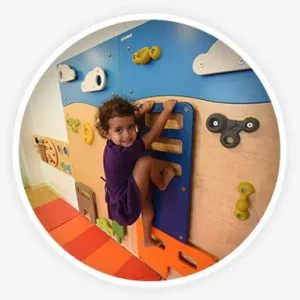
Nanny Vs. Daycare: Pros And Cons
Deciding between hiring a nanny or enrolling your child in daycare is a significant decision for many families. Both options have their own set of advantages and disadvantages, and the choice ultimately depends on factors such as cost, convenience, individual preferences, and the needs of the child and family. Below, we’ll explore the pros and cons of both British nanny Dubai and daycare options:
Nanny:
Pros:
Individualized care: One of the primary benefits of hiring a nanny is that your child receives individualized care and attention. With a nanny, your child can develop a close bond with a consistent caregiver, who can tailor activities, routines, and care to meet your child’s specific needs and preferences.
Convenience: Nannies offer flexibility in terms of scheduling, as they can provide care in the comfort of your own home and accommodate your family’s unique schedule and routine. This can be particularly advantageous for parents with irregular work hours or demanding schedules.
Cons:
Cost: Hiring a nanny can be more expensive than enrolling your child in daycare, as you are responsible for paying the nanny’s salary, taxes, benefits, and other associated costs. The cost of a nanny can vary depending on factors such as experience, location, and responsibilities.
Limited socialization: While a nanny can provide one-on-one attention and care, your child may have fewer opportunities for socialization with peers compared to daycare. This can be a concern for some parents who value social interaction and peer relationships for their child’s development.
Dependency on one caregiver: Relying on a single caregiver means that your child’s care is dependent on the availability and reliability of the nanny. If the nanny becomes ill, takes vacation, or experiences other disruptions, you may need to make alternative childcare arrangements.
Daycare:
Pros:
Socialization: Daycare provides opportunities for children to interact and socialize with peers, which can foster social skills, emotional development, and teamwork abilities. Children learn to share, communicate, and cooperate in a group setting, preparing them for future social interactions.
Structured learning: Many daycares offer structured learning activities and curriculum designed to promote cognitive, physical, and emotional development. Children engage in age-appropriate activities, such as art, music, storytelling, and outdoor play, under the guidance of trained caregivers.
Cons:
Less individualized attention: In a daycare setting, children may receive less individualized attention compared to a nanny. With multiple children to care for, caregivers may have limited time to devote to each child’s unique needs and preferences.
















